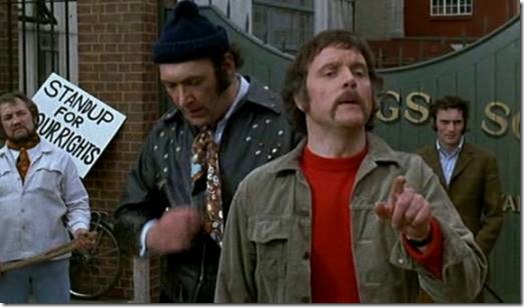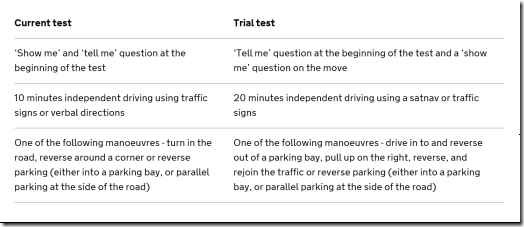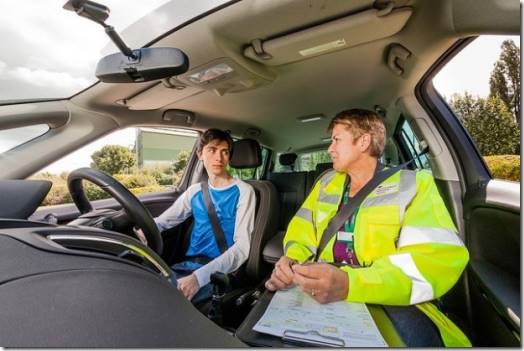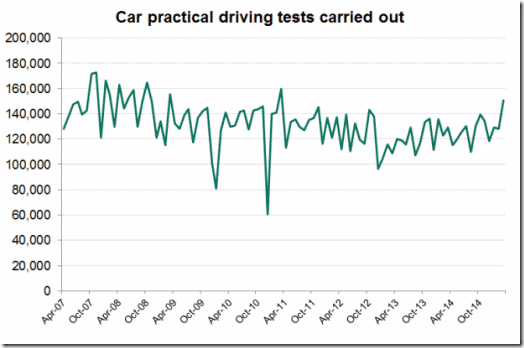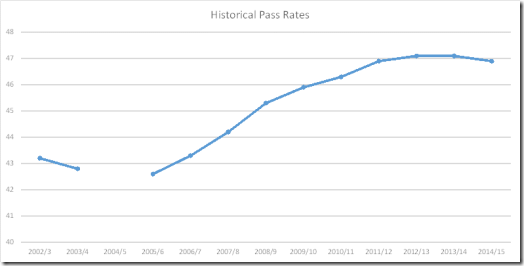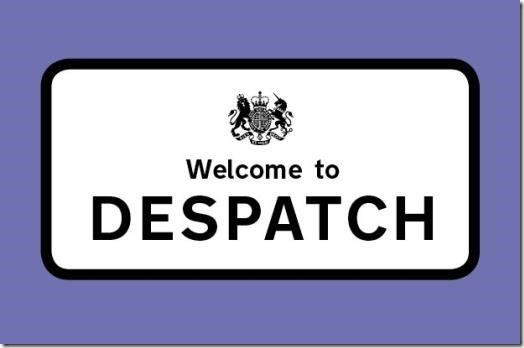I noticed someone on a forum state that “coasting is driving without a gear engaged”. As it appeared to be meant to be interpreted, this is not correct. Coasting is where the vehicle is moving but it is not being driven by the engine, and that can happen:
- when the clutch is down and the car is in gear
- when the clutch is either up or down and the car is in neutral
So it isn’t just when the car is in neutral. The official DVSA description, given in Driving: The Essential Skills, confirms this:
Coasting means that, although the vehicle is moving, it’s not being driven by the engine. This occurs when the clutch pedal is held down or when the gear lever is in the neutral position.
Coasting for any distance is wrong because
- it reduces the driver’s control of the vehicle
- you might have difficulty engaging a gear if something unexpected happens
- it almost certainly leads to the vehicle gathering speed when travelling downhill. It means harder braking and it removed assistance of engine braking in low gear.
Each time you change gear you coast a little; this is unavoidable, but it should be kept to a minimum.
It is important to note that holding the clutch at the biting point is not coasting, and there are many situations where using this technique gives control that you otherwise wouldn’t have. A good example is when travelling up a slope in slow moving traffic, where having the clutch fully up would mean you might be going too fast and have to keep stopping. Obviously, you don’t want to be slipping the clutch like this all the time because it will wear it out more quickly, but when dealing with a busy junction it can be the best approach.
What is engine braking?
When you apply gas, the engine goes faster and – if the car is in gear and the clutch is up – the car accelerates. Conversely, when you take your foot off the gas, the engine slows down, and this means that the car decelerates. If you are coasting, it doesn’t matter what speed the engine is revving at because it isn’t connected to the wheels, and the car will do whatever gravity decides it should do.
Is coasting always wrong?
No. At very low speeds on level roads, or slight inclines, the lowest speed possible even in 1st gear might still be too fast (in rush hour traffic when approaching junctions, for example). In these situations, what you can do is give the car an occasional nudge using the clutch, then let it slow down as you coast a little. You won’t be doing this for extended periods – just for however long it takes you to deal with the situation you are in. Even on gentle declines, having the clutch up might mean you’re going too fast, so you could simply keep the clutch down and “feather” your brakes (i.e. apply continuous gentle braking) to control your speed. Technically, you are coasting – but you are still in full control.
A similar thing applies when negotiating very tight corners (usually, but not always, when turning left). One option might be to use 1st gear and go round with the clutch fully up. However, another way is to slow right down on approach, drop into second gear and bring the speed down to the required level, commence turning, then gradually raise the clutch as you move through the turn.
A lot can depend on the car you are driving. Diesels, for example, can often pull forward faster than their petrol counterparts at low revs, and slipping the clutch in the lower gears is one way of dealing with that. In either of these examples, though, you must not coast so much that you roll back, pick up too much speed, or slingshot around corners. You must retain control at all times.
What sort of coasting IS wrong?
You shouldn’t go all the way around corners or sharp bends, or drive at normal speeds for any significant distance, with the clutch down. This includes declutching early when slowing down, or declutching for too long when changing gear. Particularly on downward slopes, the car will quickly pick up speed if it is coasting, whereas engine braking prevents this.
When on a steep decline, coasting would allow the car to pick up speed rapidly. Having the clutch up means that engine braking will hold it back. Conversely, on a steep incline, the car would rapidly roll to a stop and then begin to roll backwards.
Why is coasting wrong in general?
Without engine braking the brakes have to do more work, and this usually means that stopping takes longer. What you should do is use the brakes to slow down in conjunction with engine braking then declutch to either stop and/or change into a gear appropriate for the new speed. Don’t automatically declutch when you want to slow down – learners easily fall into this trap, and the lack of deceleration (or even the acceleration that results) nearly always leads to them making errors as they attempt to negotiate a hazard. Excessive speed for the situation (often due to coasting in one form or another) is one of the main enemies of the learner driver in just about every case because it reduces the amount of time available for them to think, plan, and act.
